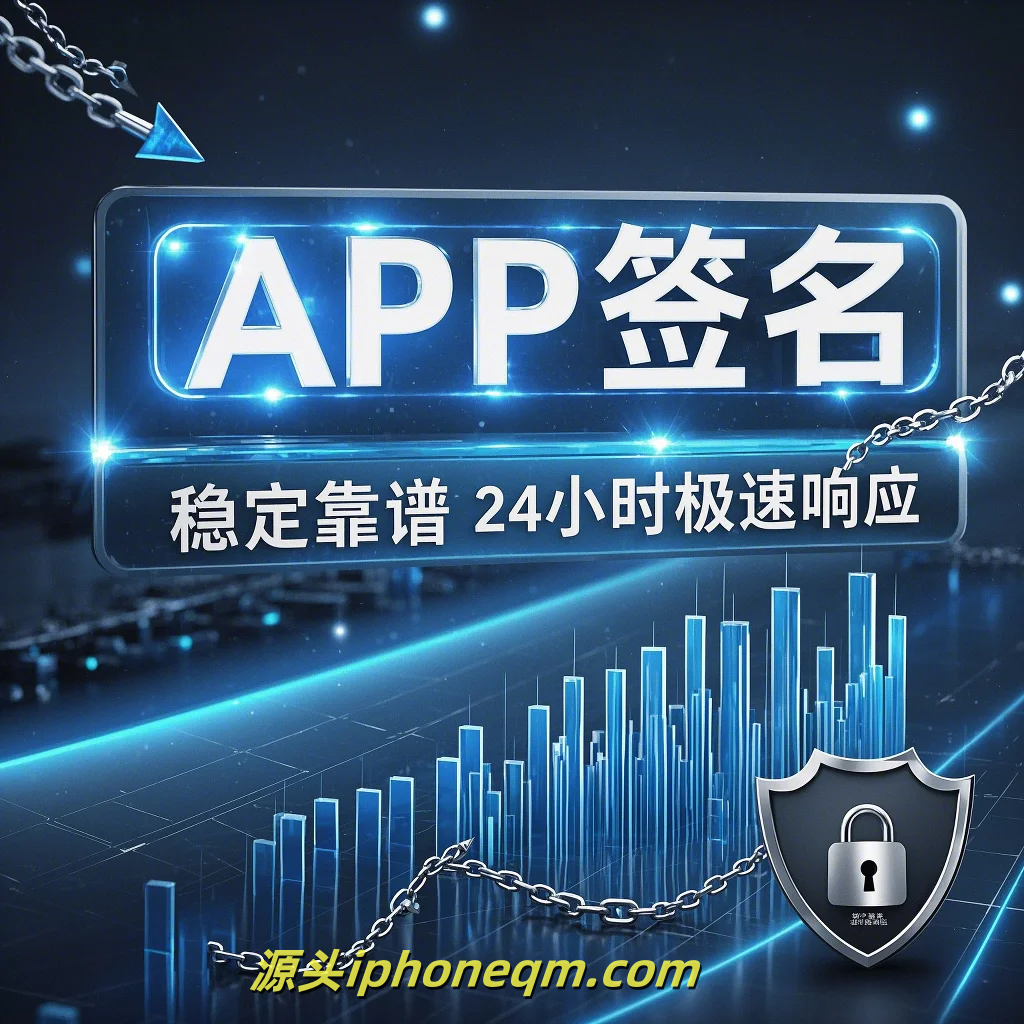How Apple Signing Enhances App Security

In the digital age, where cybersecurity threats loom large, the need for robust app security mechanisms has never been more critical. Apple, a leader in technology and innovation, employs a nuanced approach to app security through a process known as Apple Signing. This mechanism serves as a cornerstone for ensuring that applications maintain their integrity and provide a secure user experience.
At the heart of Apple Signing is the use of digital signatures. When a developer creates an application, they sign it with a unique digital certificate issued by Apple. This certificate effectively vouches for the identity of the developer, ensuring that the app comes from a verified source. When users download and install apps on their Apple devices, the operating system checks the app's signature against the certificates stored on their system. If the app is signed with a valid certificate, it is deemed trustworthy and can be installed. This meticulous check significantly reduces the risk of malicious applications infiltrating the ecosystem.
One of the main advantages of Apple Signing is the prevention of code tampering. Once an application is signed, any alterations made to the app's code will invalidate the signature. This means that if a hacker attempts to modify the app, whether to insert malware or alter its functionality, the operating system will recognize the discrepancy and reject the application. This layer of security is paramount, as it protects users from unknowingly downloading compromised software that could lead to data breaches or privacy violations.
Moreover, Apple Signature enforces strict guidelines about app distribution. Only apps signed with valid Apple certificates can be distributed through the official App Store. This centralized distribution model not only enhances security but also creates a controlled environment where users can trust the applications they are downloading. Developers must adhere to Apple's stringent guidelines, ensuring that their apps meet high standards of security and quality before they are made available to the public. This results in a curated App Store experience, reducing the likelihood of encountering malicious software.
Furthermore, the Apple Signing process is not just a one-time event. Apple continually monitors applications and their signatures to identify any potential threats. If an app is found to have a compromised signature or shows suspicious behavior, Apple has the capability to revoke the certificate, immediately preventing the app from functioning on user devices. This proactive approach to security is vital in combating emerging threats and maintaining the overall integrity of the app ecosystem.
In addition to safeguarding user devices, Apple Signing also instills confidence in developers. Knowing that their work will be secured through a well-established signing process encourages developers to innovate and create without fear of their applications being hijacked or misused. Apple provides extensive resources and support to help developers navigate the signing process, fostering a collaborative environment aimed at enhancing overall app security.
In conclusion, Apple Signing plays a crucial role in enhancing app security across the Apple ecosystem. By leveraging digital signatures, enforcing rigorous distribution policies, and monitoring apps for signs of compromise, Apple ensures a safe experience for both users and developers. This multifaceted approach to security not only protects devices but also nurtures a thriving community of innovation, ultimately contributing to a safer digital landscape. As cyber threats continue to evolve, Apple's commitment to app security through signing will remain a critical element in safeguarding user trust and data integrity.
扫描二维码推送至手机访问。
版权声明:本文由MDM苹果签名,IPA签名,苹果企业签名,苹果超级签,ios企业签名,iphoneqm.com发布,如需转载请注明出处。












